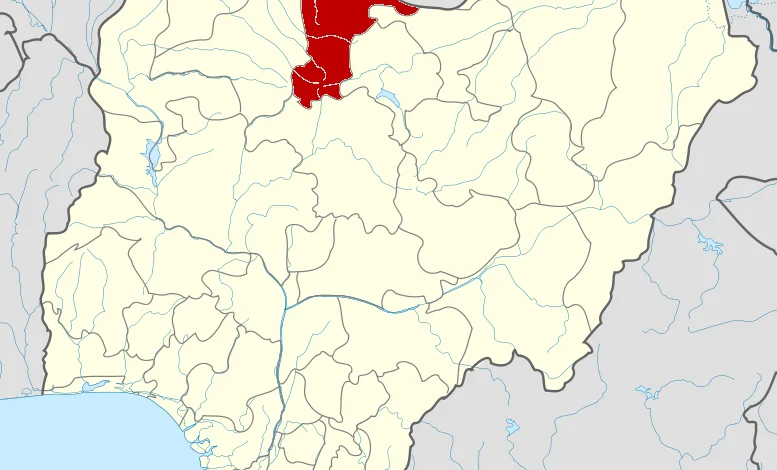Katsina enrolls over 380,000 in contributory healthcare scheme

The Katsina State Government has successfully enrolled 386,289 individuals into its contributory healthcare scheme. Nasir Lawal, the Director of Planning, Research, and Statistics at the Katsina State Contributory Healthcare Management Agency (KTSCHMA), announced this achievement on Friday during a presentation at the Social Protection Technical Working Group (TWG) quarterly meeting.
This meeting was organized by the state’s Ministry of Budget and Economic Planning, with support from UNICEF’s Kano Field Office. Lawal shared that out of the total enrollments, 262,261 beneficiaries joined through the formal sector, while 83,870 were enrolled through the Basic Health Care Provision Fund (BHCPF).
In addition, over 22,491 clients were enrolled through a collaboration with UNICEF-GAVI in eight local government areas with zero-dose populations. Another 17,667 beneficiaries were added through the Clinton Health Access Initiative.
Among those enrolled, 12,205 are under-five children and 3,786 are pregnant women. The state has also registered 59,056 vulnerable individuals, 4,938 persons with disabilities, and 3,885 elderly citizens.
Lawal highlighted that the government has established guidelines to ensure accountability in utilizing the contributions. These guidelines require KTSCHMA to submit a quarterly program report detailing activities and evaluations of the scheme from January to August 2024, led by Director-General Mohammad Tukur Ibrahim. The report will outline successes, challenges, and recommendations for improvement.
He noted that KTSCHMA received another disbursement from the BHCPF for additional enrollments in August 2024, which is currently ongoing. The scheme has also enrolled all members of the Katsina State Community Watch Corps, along with one dependent per member, and more than 3,000 sickle cell clients.
Additionally, 7,000 newly recruited staff of the Katsina State Universal Basic Education Board (SUBEB) have been enrolled in the scheme, with capitation and fee-for-service payments made to all healthcare providers without any outstanding charges.
During the meeting, Fatima Musa, a Social Policy Specialist from UNICEF’s Kano Field Office, presented a paper on planning and budgeting for result-based social protection.





